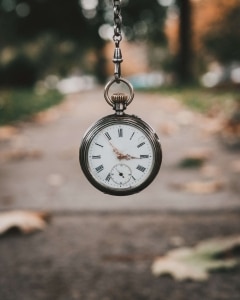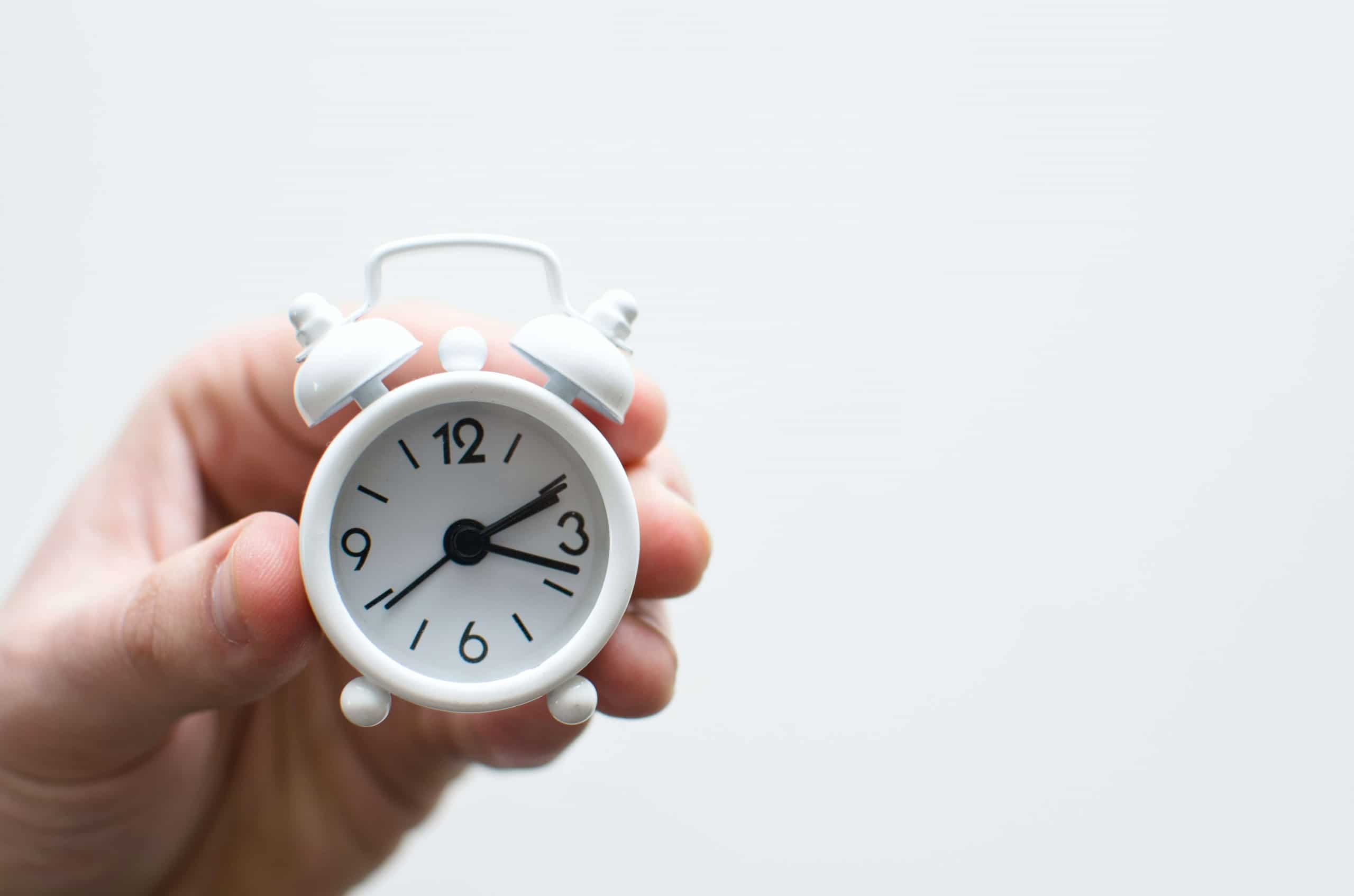Time Change
Sunday, November 1, marks the beginning of Daylight-Saving Time in Texas, and unlike the transition in November when the clocks fall back an hour, in March you will lose an extra hour of time, as well as sleep. Although it’s only an hour, it can have a serious disruption on your body clock (the circadian rhythm). Here are a few ways the time change may affect your health.

Photo by Andrik Langfield on Unsplash
Quality of Sleep
People naturally stay up late when the clocks turn back in November, thinking they will get an extra hour of sleep. But it eventually catches up with them because they are staying up later and sleeping less. So, when the time moves forward in the Spring and you lose an hour, you may struggle with an even greater decline in your sleep. For many people, this additional loss of sleep can affect their motor skills, leading to an increase in traffic accidents and more workplace injuries.
Triggers Depression
Daylight changes make some people susceptible to seasonal affective disorder (SAD). It is important to talk to your doctor if you are experiencing the symptoms of SAD, which may include fatigue, loss of interest in activities, change in appetite, and/or unhappiness. Other than SAD, time changes can trigger bipolar disorder and a variety of other mental illnesses. The symptoms of depression may include sleeping more than usual, change in appetite (eating more or less than usual), avoiding social activities, and not participating in the things you previously enjoyed.
Higher Risk of Heart Attacks
There is a significant connection between sleep and heart attacks. Studies have shown that there is an increase in heart attacks by about 5 percent, three days following the time change. Although there is no definitive reason why this occurs, it is thought that it’s due to the lack of sleep and a disruption of the chronobiological rhythms. Symptoms of a heart attack may include:
- Tightness, pain, pressure, or an aching or squeezing feeling in your chest
- Shortness of breath
- Indigestion, nausea, heartburn, or abdominal pain
- Fatigue
- Cold sweat
- Sudden dizziness or lightheaded
If you feel you are having a heart attack call 9-1-1 immediately.
Prepare Yourself
There are a few things you can do that may help you manage the effects of the time change:
- Expose yourself to plenty of daylight when possible
- Exercise later in the evening to help with circulation
- Go to bed an hour early every night during the week leading up to the time change
- Take naps when you can after the time change to catch up and give your body extra time to rejuvenate
- Take vitamin C and D for energy and to help build your immune system
- Eat well-balanced meals for proper nutrition and energy
If you have any questions or concerns about health-related problems that may be the result of the time change, visit Surepoint Emergency Center. We can treat cardiac issues, as well as injuries due to fatigue.
So if you have finished reading this, turn your phone off and go to bed. Sweet dreams.
Surepoint Emergency Center is a modern emergency medical facility open 24/7/365. As an alternative to the traditional hospital ER experience, we offer convenience and minimal wait time, along with highly-trained emergency medical staff and state-of-the-art equipment.
Our top priority is bringing high-quality emergency care, quickly and easily to your family. We are committed to making patients feel better faster in a comforting and compassionate environment.
Fast convenient care in your neighborhood.



